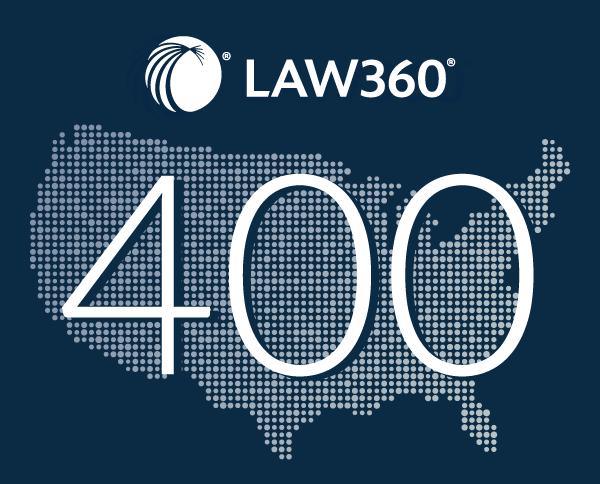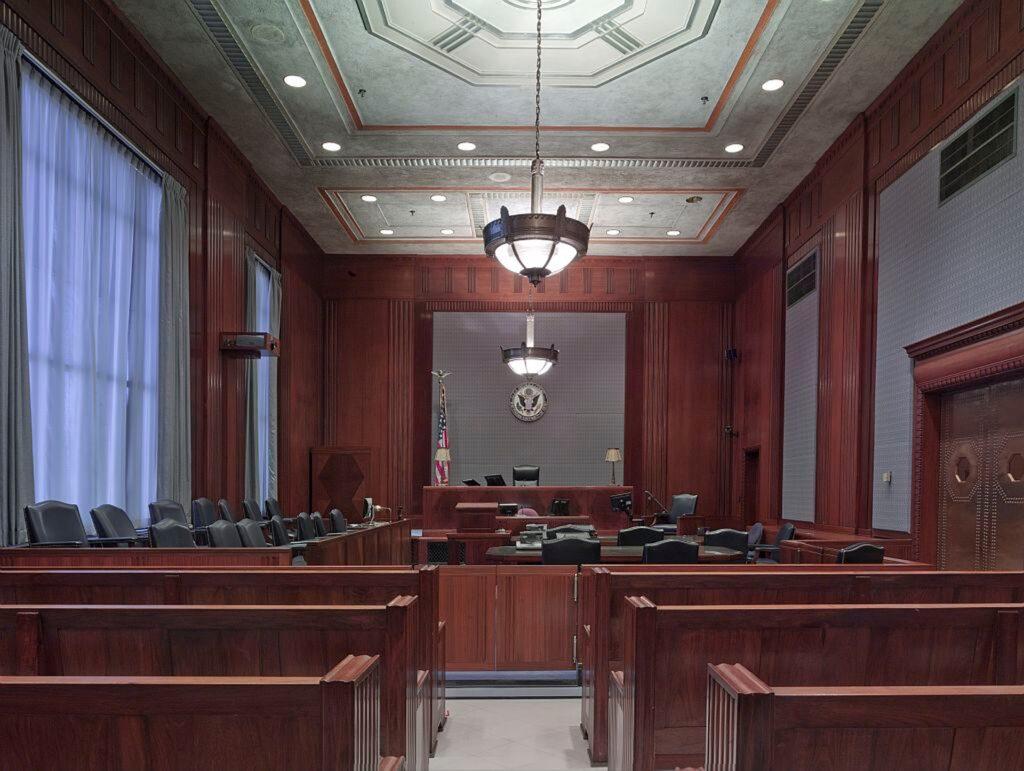Firm Partner, Zachary Kuperman, has secured a big victory protecting the landscape of New York real estate transactions.
After the sale of several Brooklyn apartment buildings for $124.5 million, the purchasers were saddled with rent overcharge liability because the rent being charged to several of the buildings’ tenants was, allegedly, illegally high. The purchasers then sued the sellers claiming that sellers had falsely represented in the purchase and sale agreement that the rents were not illegally high and claiming that the allegedly illegal leases constituted an “encumbrance” in violation of the deeds’ covenants. Abrams Fensterman secured dismissal of the case under CPLR 3211 when the court ruled that a breach of the purchase and sale agreement cannot constitute fraud and a breach of contract claim cannot be viable because representations regarding the buildings’ leases survives only for 180 days after closing. Finally, the court ruled that while purchasers could sue separately under the deeds’ covenants, the rent overcharge issues alleged did not constitute an “encumbrance” and thus did not violate the deeds’ covenants.
On a matter of first impression, Abrams Fensterman convinced the court to walk back a previous ruling taking a more expansive definition of “encumbrance,” arguing that if rent overcharge liability inuring to a new owner were considered an “encumbrance” in violation of deeds’ covenants, the landscape of New York real estate transactions would be significantly altered.





